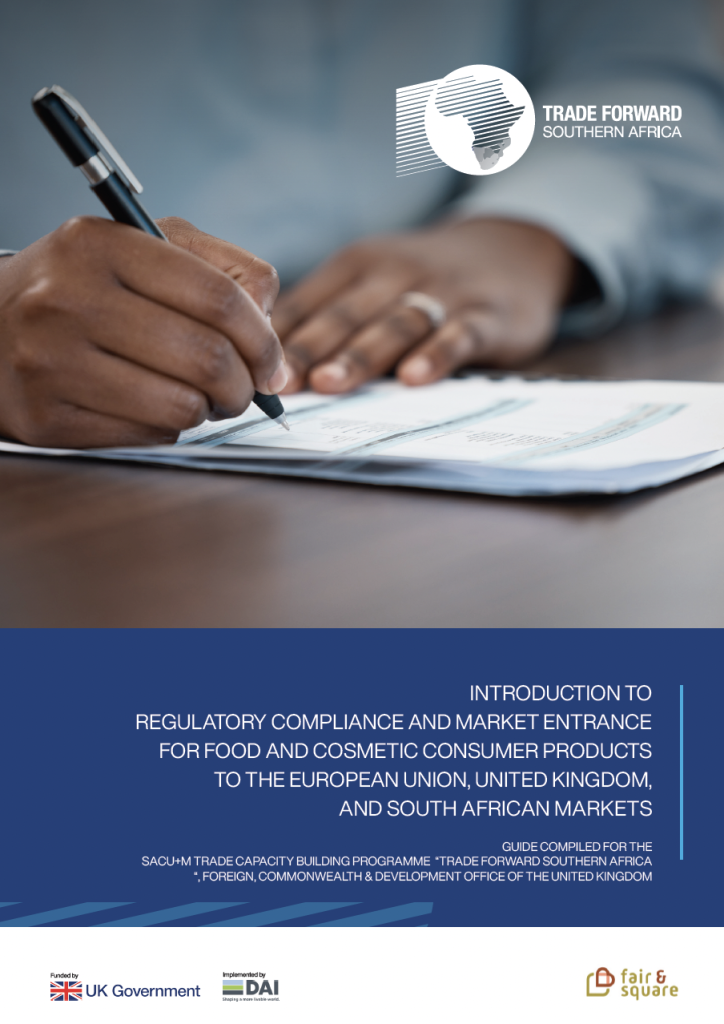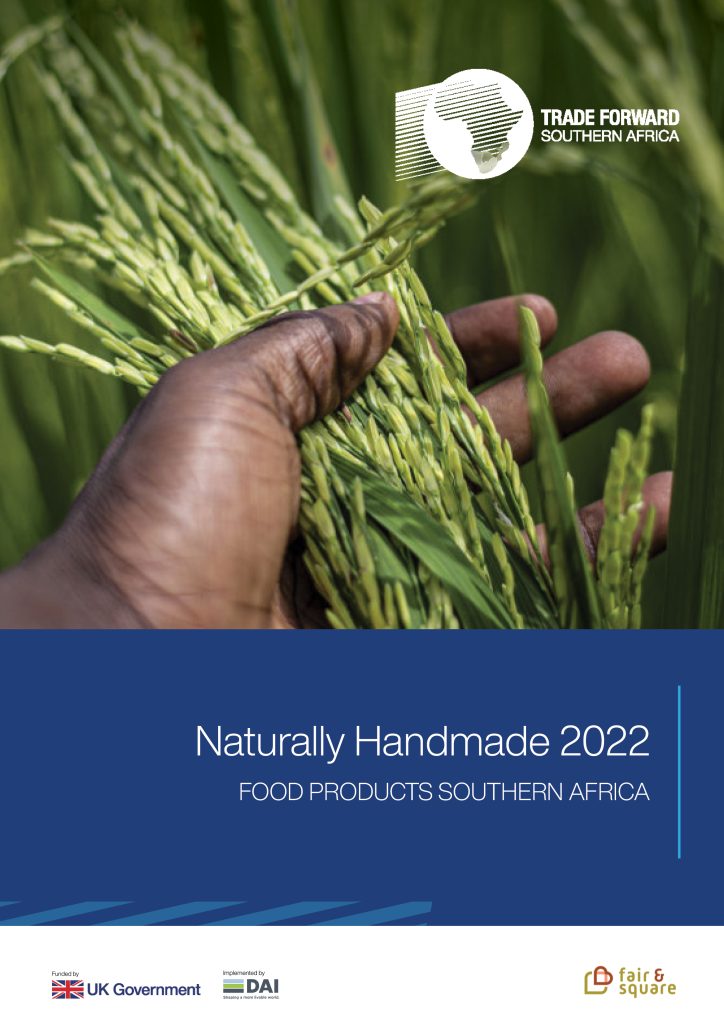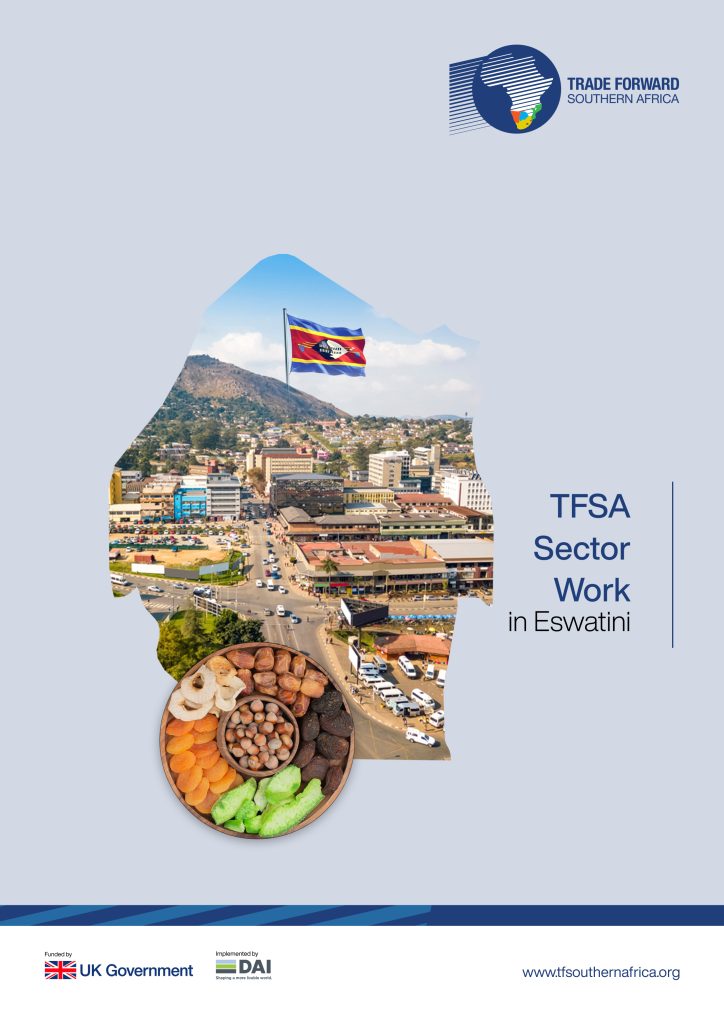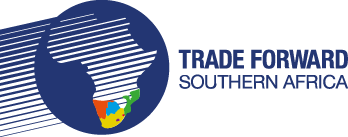Eswatini’s economic profile:
Eswatini is a landlocked country with close economic linkages to South Africa and is a member of the Common Monetary Area (CMA) with Lesotho, Namibia and South Africa. Eswatini depends on South Africa for about 70% of its imports and 65% of its exports, and fiscal revenues largely depend on Southern African Customs Union (SACU) revenues.
TFSA sector work in Eswatini:
TFSA’s priority sectors in Eswatini include condiments and high-value specialty foods, and fruits, nuts and vegetables. A significant number of producers are already exporting or near export ready, and employ a high number of women and rural workers. The sectors enjoy robust support from government and donors to increase output and competitiveness, and have benefitted greatly from TFSA services to overcome trade barriers and grow export trade. In addition to improving compliance in export markets, TFSA also supported the sectors with market linkage to Southern African markets, as well as international markets of interest.
TFSA works closely with industry organisation Fair and Square, NAMBOARD and WITAD in the condiments and high value specialty foods sector, and the fruits, nuts and vegetables sector, to provide producers with the necessary skills and knowledge to grow their export trade. To meet the capacity-building needs of women operating outside of the selected priority sectors; Fair and Square were the delivery partners who supported 59 women-owned businesses complete the Export Trade Training programme. To learn more about the impact of the work done in Eswatini, download the Eswatini country report below. To view exporting companies in Eswatini download the Naturally Handmade 2022 handbook.





